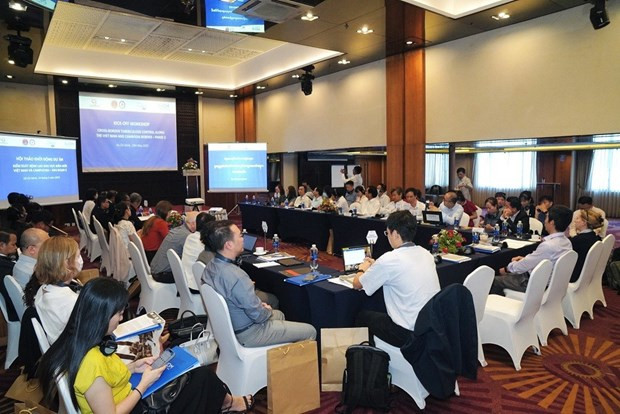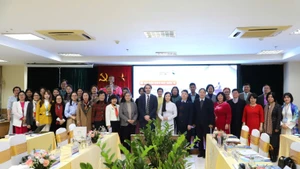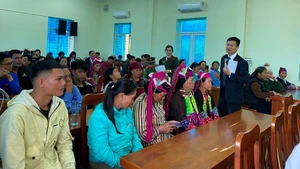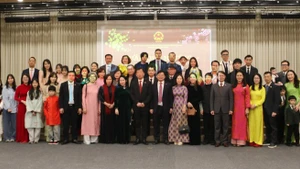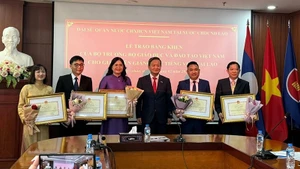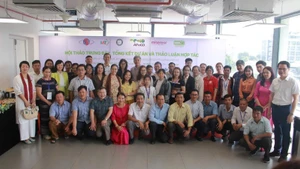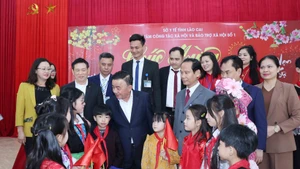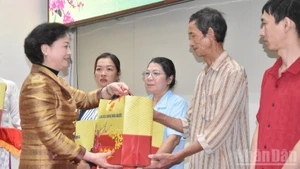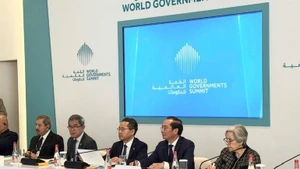With financial aid from the Global Fund to Fight AIDS, Tuberculosis and Malaria, the project aims to improve access to TB diagnosis and treatment for migrants in the border areas between the two countries and strengthen cross-border partnership and collaboration between health authorities in the provinces of An Giang and Tay Ninh in Vietnam and Svay Rieng and Takeo in Cambodia.
The IOM kicked off the programme in Ho Chi Minh City on May 19.
Cross-border migrants often have difficulty in accessing healthcare services due to a lack of health insurance, language barriers, limited understanding of the local healthcare system, and discrimination, according to IOM Vietnam.
This could cause delays in seeking TB diagnosis and treatment, and treatment interruption, resulting in poor treatment outcomes and drug resistant TB.
In the 2022 WHO Global TB Report, Vietnam remained one of 30 highest burden countries for the disease, and Cambodia is on a watchlist though it has been phased out of the list.
In 2020 IOM, in partnership with Vietnam’s National Tuberculosis Control Programme and Cambodia’s National Centre for Tuberculosis and Leprosy Control, conducted operational research to better understand the barriers to accessing and utilising TB diagnosis and treatment faced by cross-border migrants in the four border provinces.
It provided a platform for public health officials in the two countries to develop practical interventions for collaborative TB control in border areas.
It also highlighted the current limited collaboration and partnerships.
“Ensuring migrant health requires holistic efforts between countries involved in their migration process,” IOM chief of mission, Park Mihyung, said.
“It is very important that we develop and adapt a migrant-sensitive referral system for cross-border migrants with TB and facilitate the establishment of local TB and HIV/AIDS taskforces in An Giang, Tay Ninh, Svay Rieng, and Takeo provinces.
“That way, we can make sure that the treatment of TB for cross-border migrants remains uninterrupted through all health networks across borders.
“I also welcome cooperation from other, non-health sectors like immigration and border security to make sure that we all understand the importance of healthy migrants for healthy economies.”
IOM is also working closely with the Migration Health Working Group, an inter-ministerial working group established by the Ministry of Health, to address important migrant health issues and co-ordinate with relevant stakeholders to foster migrant-friendly health interventions and policies.
